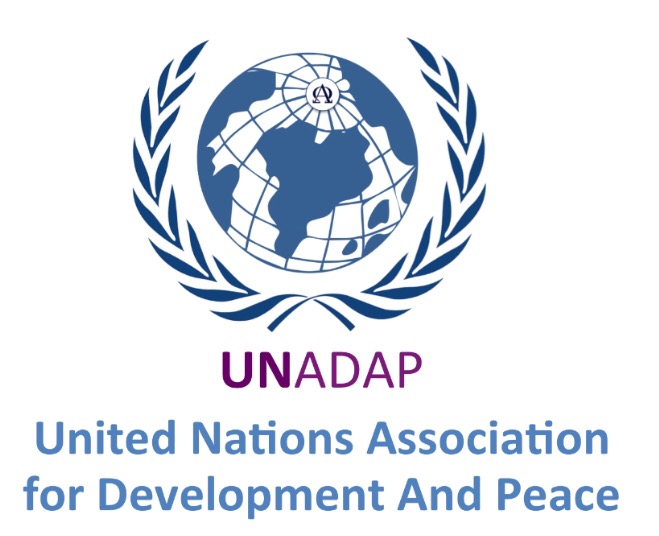"We need to keep hope alive and strive to do better" - Kofi Annan
- UNADAP | United Nations
- Dec 1, 2022
- 3 min read

Mr. Annan was the seventh man to take the helm of the global organization and the first Secretary-General to emerge from the ranks of its staff.
The current UN chief, Antonio Guterres hailed him as “a guiding force for good” and a “proud son of Africa who became a global champion for peace and all humanity.”
“Like so many, I was proud to call Kofi Annan a good friend and mentor. I was deeply honoured by his trust in selecting me to serve as UN High Commissioner for Refugees under his leadership. He remained someone I could always turn to for counsel and wisdom — and I know I was not alone,” Mr. Guterres said in a statement.
“He provided people everywhere with a space for dialogue, a place for problem-solving and a path to a better world. In these turbulent and trying times, he never stopped working to give life to the values of the United Nations Charter. His legacy will remain a true inspiration for all us.”

Kofi Annan was born in Kamasi, Ghana, on 8 April 1938.
He served as UN Secretary-General for two consecutive five-year terms, beginning in January 1997.
Mr. Annan joined the UN system in 1962 as an administrative and budget officer with the World Health Organization (WHO) in Geneva, rising to hold senior-level posts in areas such as budget and finance, and peacekeeping.
As Mr. Guterres noted: “In many ways, Kofi Annan was the United Nations. He rose through the ranks to lead the organization into the new millennium with matchless dignity and determination.”
Kofi Annan and the UN
From his beginnings in Geneva, Mr. Annan held UN posts in places such as Ethiopia, Egypt, the former Yugoslavia and at Headquarters in New York.
Following Iraq’s invasion of Kuwait in 1990, he was tasked with facilitating the repatriation of more than 900 international staff as well as the release of Western hostages.
He later led the first UN team negotiating with Iraq on the sale of oil to fund purchases of humanitarian aid.
Immediately prior to his appointment as Secretary-General in January 1997, Mr. Annan headed the UN Department of Peacekeeping Operations during a period which saw an unprecedented growth in the Organization’s field presence.
His first major initiative as UN chief was a plan for UN reform, presented to Member States in July 1997.
Mr. Annan used his office to advocate for human rights, the rule of law, development and Africa, and he worked to bring the UN closer to people worldwide by forging ties with civil society, the private sector and other partners.
As Secretary-General, he also galvanized global action to fight HIV/AIDS and combat terrorism.
Mr. Annan and the United Nations jointly were awarded the Nobel Peace Prize in 2001.
In his farewell statement to the UN General Assembly in December 2006, Kofi Annan expressed emotion over leaving what he called “this mountain with its bracing winds and global views.”
Although the job had been difficult and challenging, he admitted that it was also “thrillingly rewarding” at times.
“And while I look forward to resting my shoulder from those stubborn rocks in the next phase of my life, I know I shall miss the mountain,” he said.
However, Mr. Annan did not rest, taking on the role of UN Special Envoy for Syria in the wake of the conflict which began in March 2011.
He also chaired an Advisory Commission established by Myanmar in 2016 to improve the welfare of all people in Rakhine state, home to the minority Rohingya community.
His homeland, Ghana, established an international peacekeeping training centre that bears his name, which was commissioned in 2004.
Copyright: UN News.






Comments